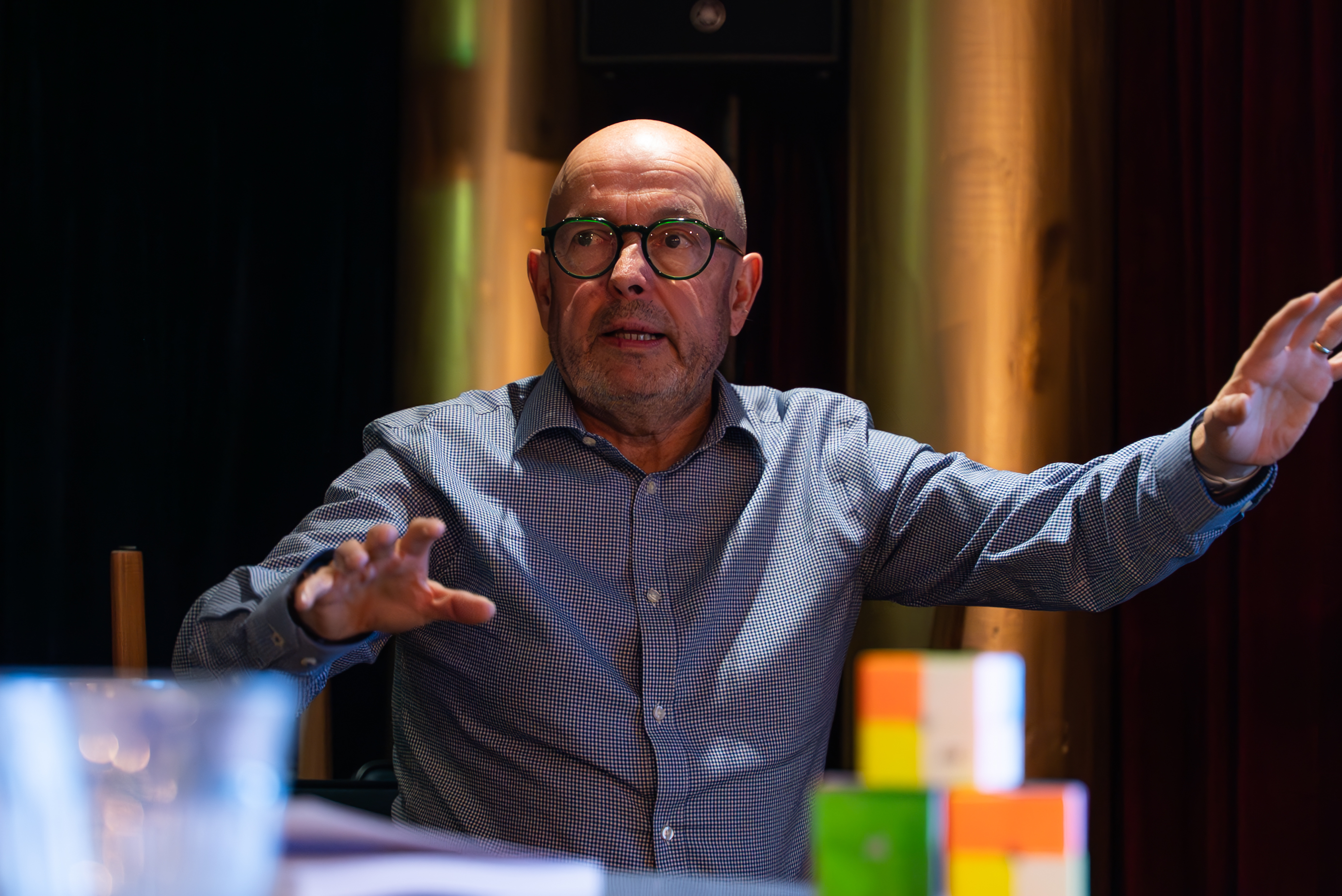Reflections on using Change Management Simulation at Ashridge Executive Education
By Ken Thompson, Jun 29, 2018 Last updated Jun 11, 2025
Interview: Rachel Sceats, experiential learning, Ashridge Executive Education
Interviewed by Ken Thompson, Business Simulations
Ken: Hi Rachel. How important is change management these days – is it still in the top 10?
Rachel: Yes – absolutely. Each week I meet our business development team to get a sense of what business leaders are worrying about and the current “hot list”. As you might imagine, the list changes pretty much every week, but the one thing that never seems to drop off is “dealing with change”. Here at Ashridge, we have a wide portfolio of offerings in the change management space, but we decided to see whether a change simulation might be a useful addition.
Ken: Why did you go for the change management simulation?
Rachel: We’ve used many other change simulations, so we knew what we were looking for. We liked the feel of the change management simulation – it seemed comprehensive and flexible. Equally important, we had mixed experiences of desktop-resident simulations and wanted to try a web-based approach to simplify setup, licensing and updates – which it does! We also resonated with the philosophy behind the change management simulation of putting the facilitator at the centre, rather than making it all “simulation-centric”. We liked the focus on the “influencing” side of change management, which meant we could quickly adapt it to many different situations.
Ken: Great. You’ve been using the change management simulation for about eight months now – how is it working out in practice?
Rachel: Very interesting. We’ve now run it with many different groups, and it’s allowed us to explore several important change topics:
- The social aspect of change is vital
The simulation highlights social authority, not just hierarchical. People with strong reputations and networks can be influential regardless of seniority – which reflects today’s organisations. - No (change) plan survives first contact with the enemy
We use “progressive revelation”, where information is unlocked only through engaging specific characters. This mirrors the real world – planning with incomplete data and adapting through interaction. - Information overload and decision fatigue
The simulation includes change theory, reporting and news updates. Some information is critical; some is a distraction. This challenges teams to filter effectively – a key leadership skill. - One size does not fit all
The change management simulation adapts well to different groups. For senior teams, we use higher difficulty, limited briefing and added pressure. A less experienced group would need a different setup. - Doing beats reading every time
Simulations reveal authentic behaviours under pressure – unlike paper case studies where participants act as rational critics. This realism supports deeper learning.
Ken: Those are five great insights, Rachel. Do you have any simulation facilitation tips?
Rachel: Yes – simulations like the change management simulation are powerful, with features like real-time leaderboards and post-game analysis. But they don’t run themselves. Here are my tips:
- Start from the group learning objectives
Don’t focus on what the simulation can do – focus on what the group needs to learn. Every group is different. - Get the ergonomics right
Poor layout, wrong room setup, tech issues or large teams can ruin the experience. Plan these details in advance. - Don’t pretend it’s reality
Remind learners it’s a model. As Einstein said, “all models are wrong, but some are useful”. Avoid trying to defend simulation logic – it alienates learners. - Leave time for reflection, not just gameplay
Most learning comes from discussion, not the simulation screen. Build in time to reflect, at least equal to gameplay time. - Think about team dynamics and leadership styles
Simulations are observatories of human behaviour. Focus on a few key behaviours and feedback strategically to support learning.
Ken: Thanks Rachel – very practical tips. So it sounds like the simulation has been a good decision?
Rachel: Yes. We’ve found the change management simulation immensely useful for groups at all levels. It helps them build practical change management and influencing skills in an experiential, engaging way. But even the best simulation won’t deliver unless the facilitator is well-prepared and focused on the learners’ needs.
For more information on Hult Ashridge Executive Education.
